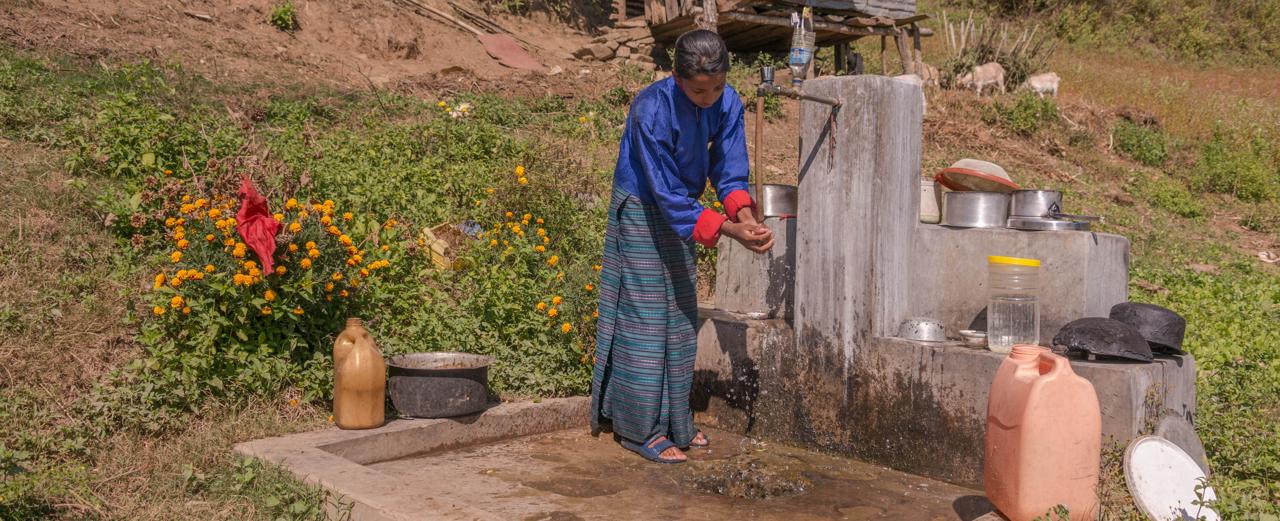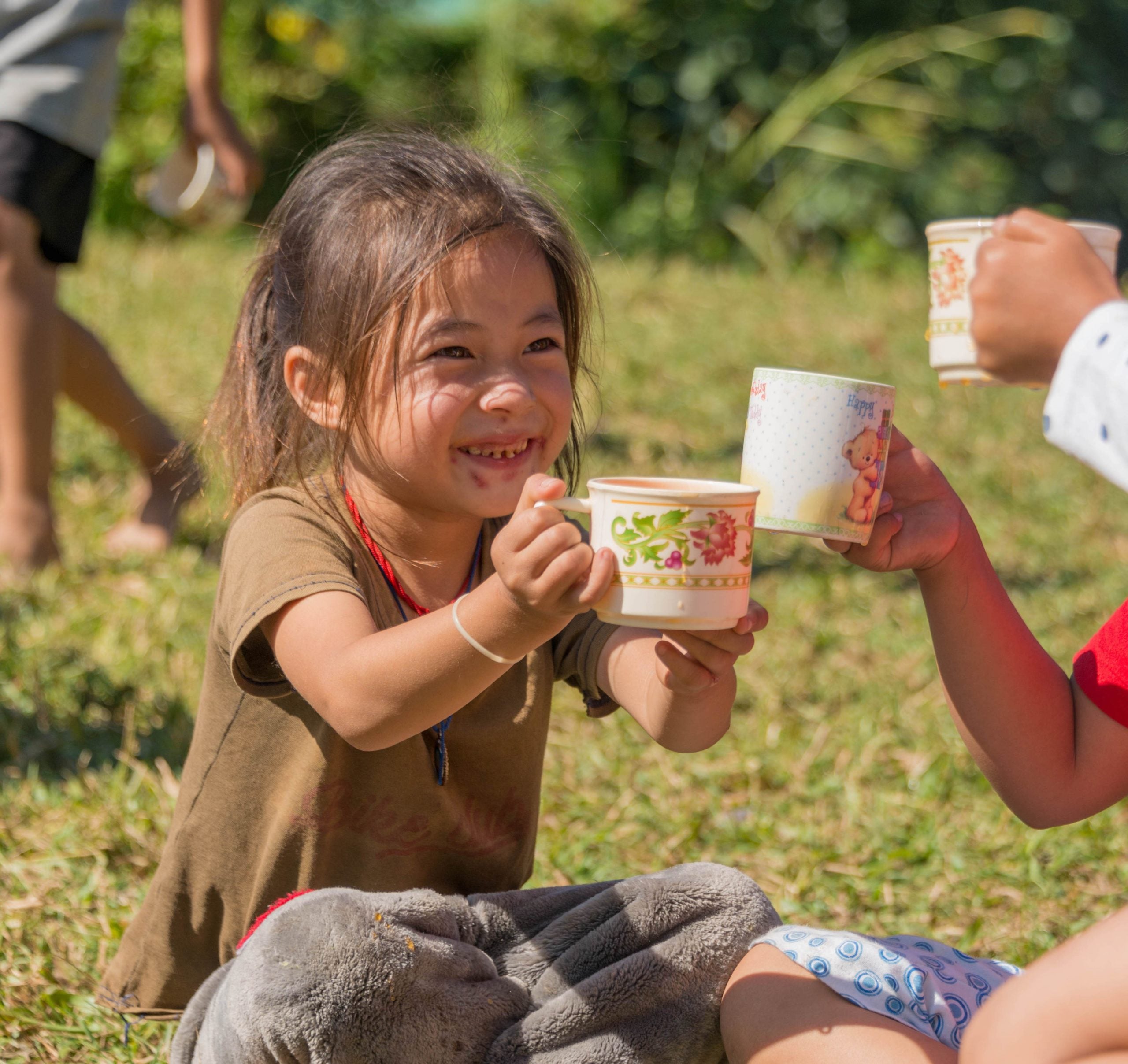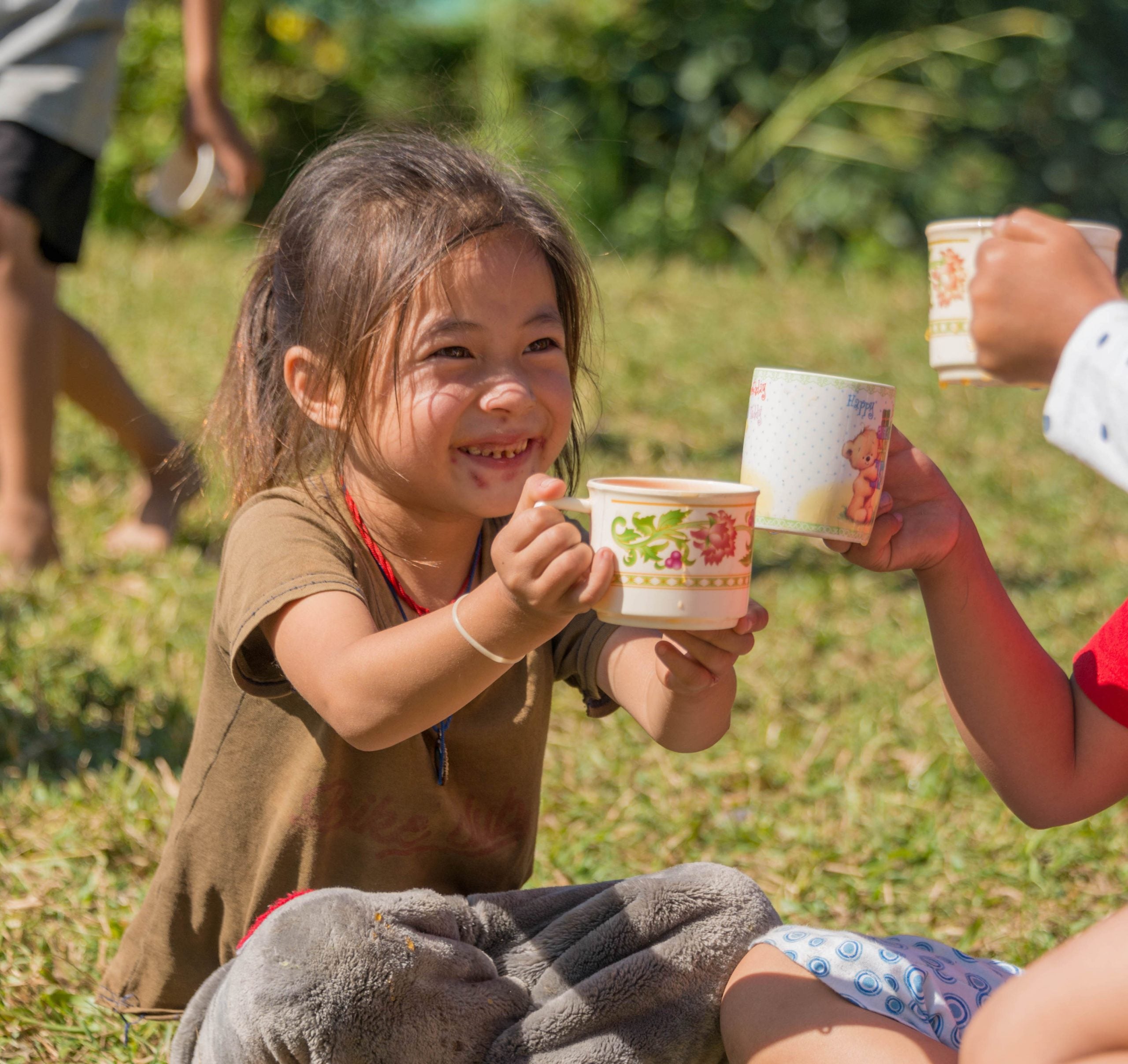Day 2
Five days of clean drinking water for a schoolchild in Bhutan
 Water for a better future
Water for a better future


Clean drinking water for children in Bhutan

need
Drinking water for school children in Bhutan.
activity
The local partner organization, together with the village community, is building water tanks, water pipes and solar-powered water filters at schools.
Measurable performance
Number of days on which clean drinking water can be provided and number of water tanks with filtration systems installed at schools.
Result
School children have access to clean drinking water. They get sick less often and can go to school more regularly.
Systemically relevant impact
The health of children in Bhutan is improving. This increases their educational and future opportunities.
background


The good deed
AboutBhutan
Thimphu
Capital city
763.090
Population
$8,609
Gross domestic product
per capita per year
Rank 134 of 189
Human Development Index
(Human Development Index)



